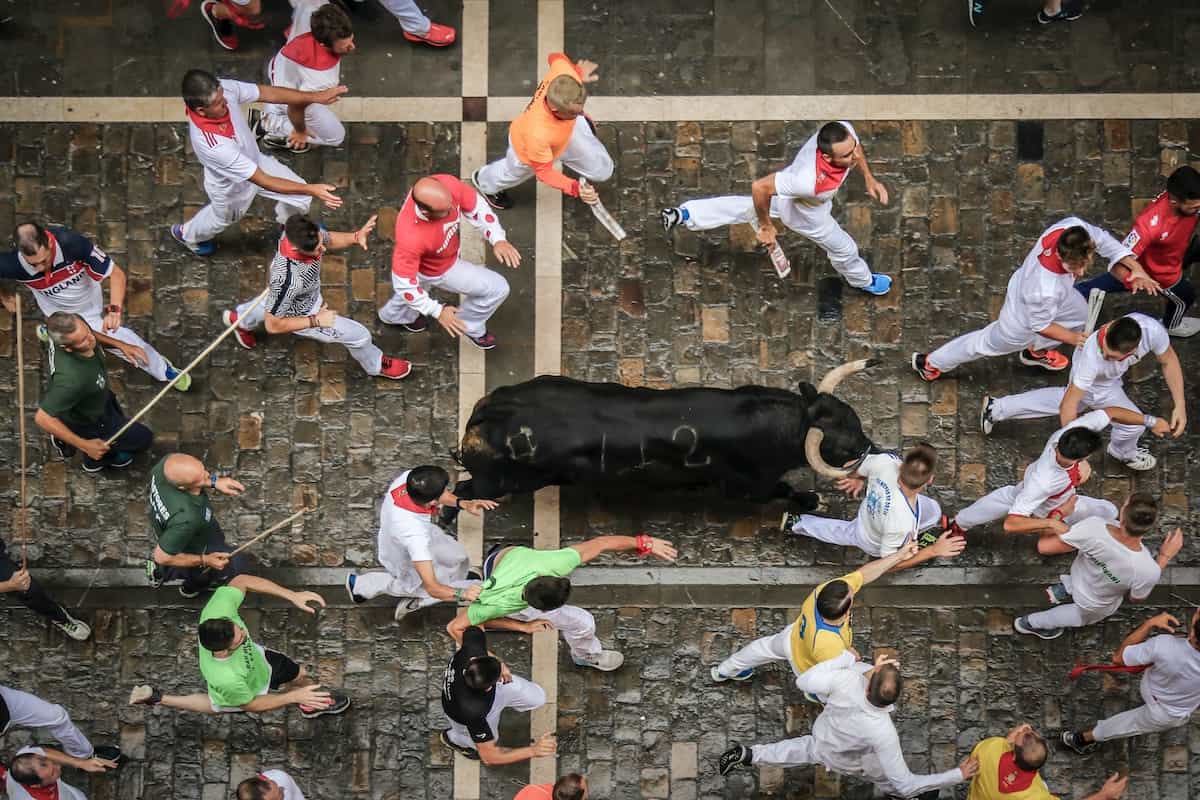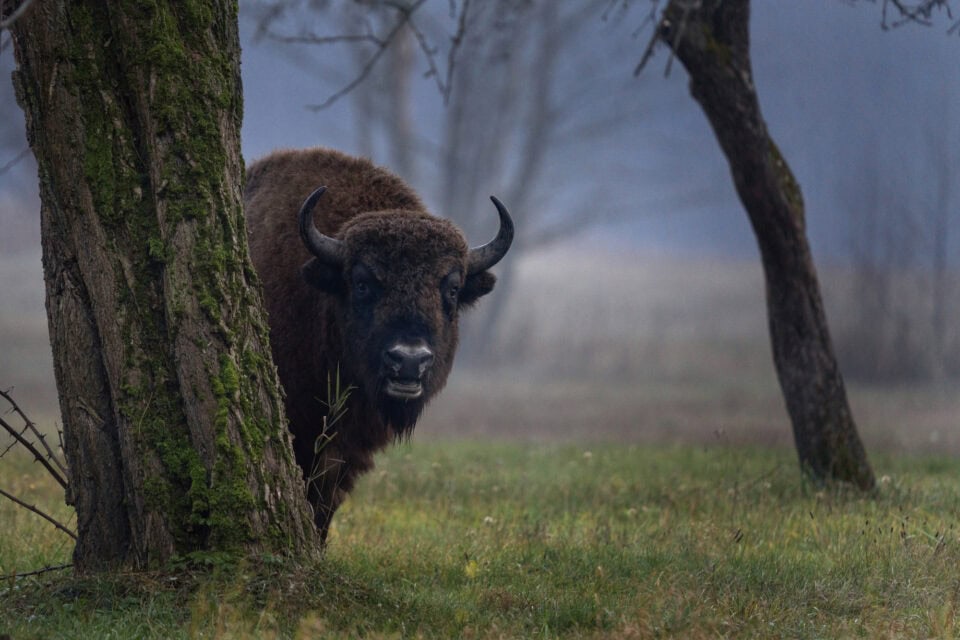Most people consider the suffering of the bull unnecessary and bullfighting to be cruel because it involves the torture and killing of animals for entertainment. Many animal rights organizations have called for banning bullfighting, arguing that it is a form of animal cruelty that has no place in modern society and there are alternative forms of entertainment or cultural expressions that don’t involve harm to animals.
Torture is not culture. It is essential to recognize that traditions evolve over time, and societal values change. What was once considered acceptable may be reevaluated with increased awareness and understanding. As a result, there are ongoing debates and discussions about the ethics and continued relevance of bullfighting. In recent years, there has been a decline in popularity and support for bullfighting in many regions, while others have implemented reforms to reduce the harm to animals, such as banning the use of certain tools or restricting the age of the bulls used in fights.
During a typical bullfight, a bull is taunted, harassed, and exhausted by a group of men on foot and horseback. The bull is provoked into attacking a matador, who attempts to kill the animal with a sword. The process can last several hours, during which the bull is subjected to much physical and emotional stress, which is why bullfighting is so cruel.
The bulls suffer from a protracted death in the bullfighting arena, weakened and tormented both physically and mentally including with spiked lances, before the matador enters the rings, finishes it off and stabs them to death with a sword. In addition, many people argue that bullfighting perpetuates a culture of violence and reinforces harmful gender stereotypes. They argue that the spectacle of a lone matador facing off against a powerful animal is a display of masculine bravado that glorifies violence and aggression.
If you plan to visit a country that permits bullfighting (Spain, Portugal, Southern France, Mexico, Colombia, Ecuador, Venezuela, and Peru), please tell your travel agent that you oppose animal cruelty in any form and do not want tickets to bullfights included in any tour packages.
More about the tragedy of bullfighting and on Humane Society International/Europe
Running of the bulls in Pamplona
The annual festival of San Fermín takes place in Pamplona, Spain. During this event, participants run in front of a group of bulls as they charge through the narrow streets of Pamplona towards the bullring. The event causes unnecessary stress and harm to the animals. The bulls slip and fall on the streets of Pamplona and are running towards a cruel death.
Every year, thousands of tourists from Spain, as well as other countries like the Netherlands, the United States, Australia, the United Kingdom, etc., go to Pamplona to participate in the bull runs. Many foreign tourists are unaware that the bulls participating in the bull runs will be killed in the bullring, which shouldn’t be called a bullfight because the bulls never have a fighting chance. The cruelty of ‘running with the bulls’ exposed
In most European countries, bullfighting is prohibited, yet all European citizens contribute to it. It is estimated that a total of 629 million euros in subsidy funds go towards bullfighting in Spain. 130 million euros are said to come from agricultural subsidies from the European Union.
Animal organizations are working to end the cruel bull festivals in Spain. Currently, they are conducting a major investigation into the over 18,000 bull festivals that take place in Spain each year.

Friendlier entertainment in Spain
A more humane alternative for entertainment in Spain could be the cultural and artistic events that showcase the rich heritage and traditions of the country without causing harm or suffering to animals.
Colorful festivals in Spain
Spain has a cultural heritage of music and dance, such as flamenco, which can be celebrated through festivals, concerts, and performances. These events can provide a vibrant and engaging experience for both locals and visitors. Spain is renowned for its colorful festivals, such as La Tomatina, Tarragona Human Tower Competition, Semana Santa and Las Fallas. These events are cultural experiences that celebrate Spanish traditions, music, and artistry, without the need for animal exploitation.
The festival of La Tomatina, held annually in the town of Buñol, Spain, involves participants engaging in a large-scale tomato fight. While the festival may appear wasteful on the surface, the tomatoes used in La Tomatina are typically overripe and unfit for sale or consumption due to their quality. These tomatoes are sourced from farmers who have an excess supply or cannot sell them due to various reasons.
In summary, Spain can cultivate a tourism industry that celebrates its cultural richness, preserves its heritage, and promotes humane and sustainable practices, creating a more compassionate and enjoyable experience for visitors while respecting the welfare of animals.
This article is part of the series by Conscious Travel Guide, your resource for mindful globetrotting.


